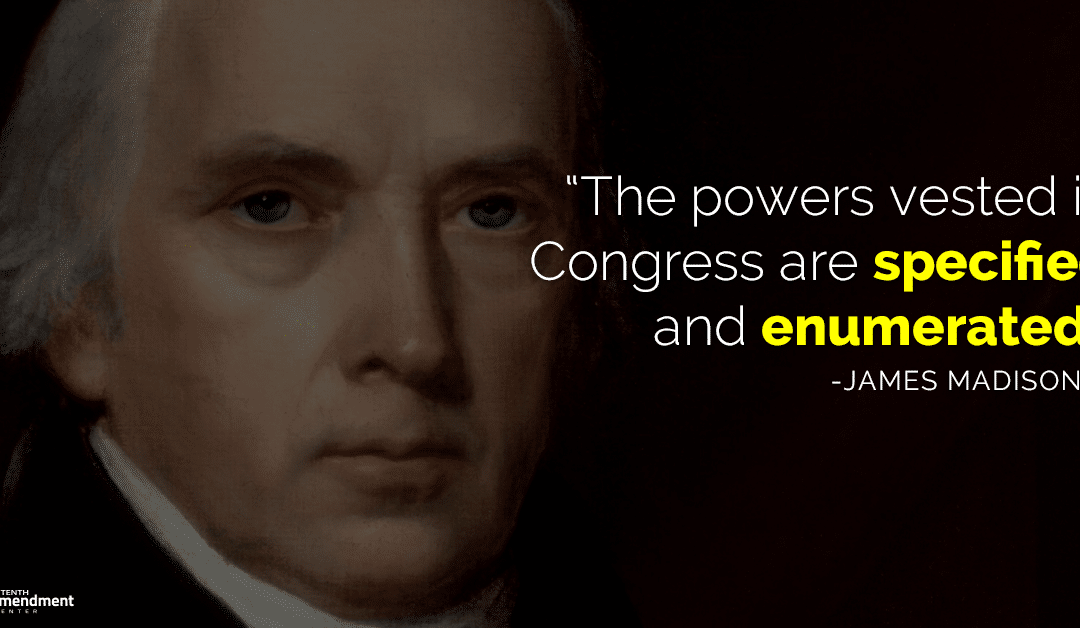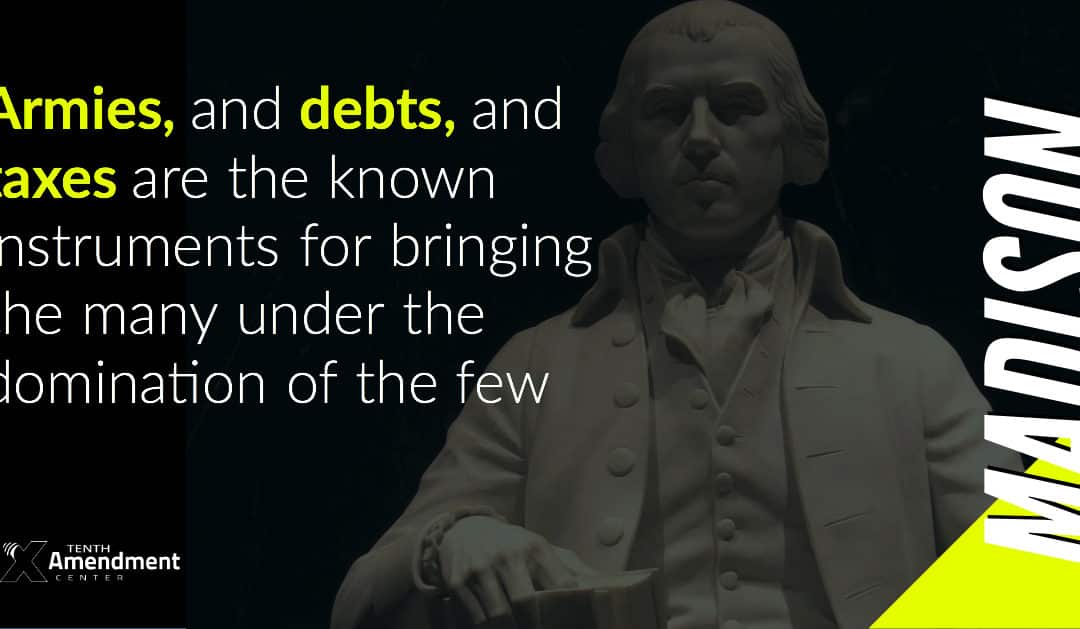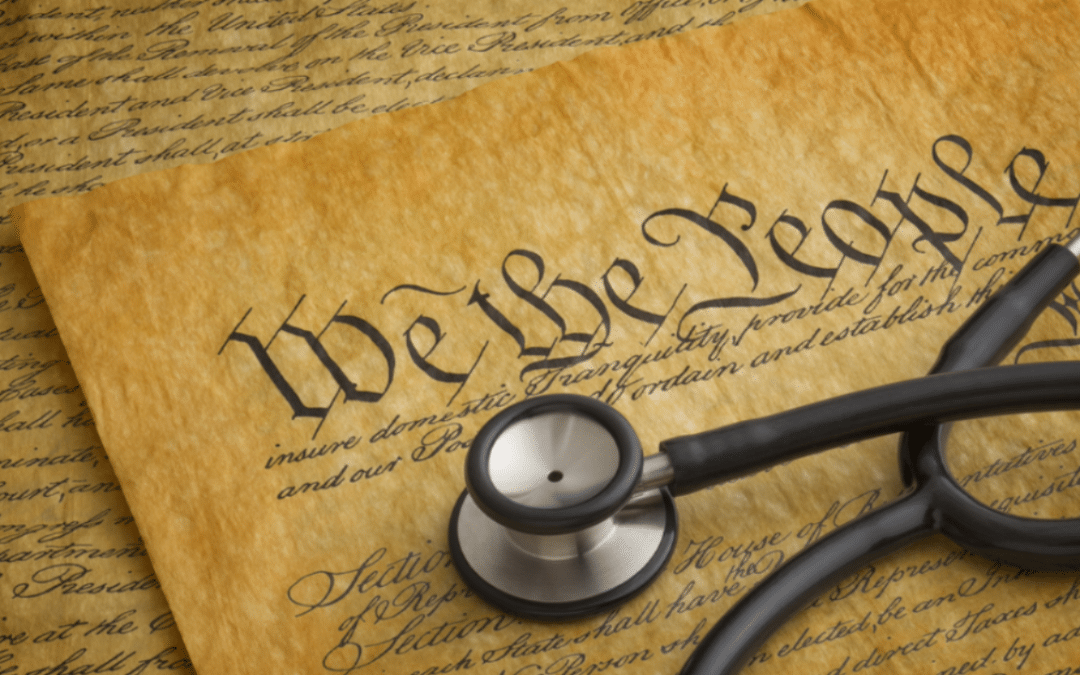


James Madison’s Last Day in Office: Veto of the “Bonus Bill”
As his last official act as President, James Madison vetoed a bill that would provide federal funding for building roads and canals throughout the United States. Today in history – on March 3, 1817 – President James Madison vetoed the Bonus Bill of 1817 –...
The Cost of the Nation’s Endless Wars
Oh, the hypocrisy. To hear President Biden talk about the Russia’s aggression against Ukraine, you might imagine that Putin is the only dictator bent on expanding his military empire through the use of occupation, aggression and oppression. Yet the United States is no...
The ideas that formed the Constitution: Aristotle
Unlike Socrates, Xenophon, and Plato—the subjects of the third and fourth installments in this series—Aristotle wasn’t an Athenian. (For the first and second installments, see here and here.) Aristotle did, however, win fame in Athens. He was bornin Macedonia in 384...
